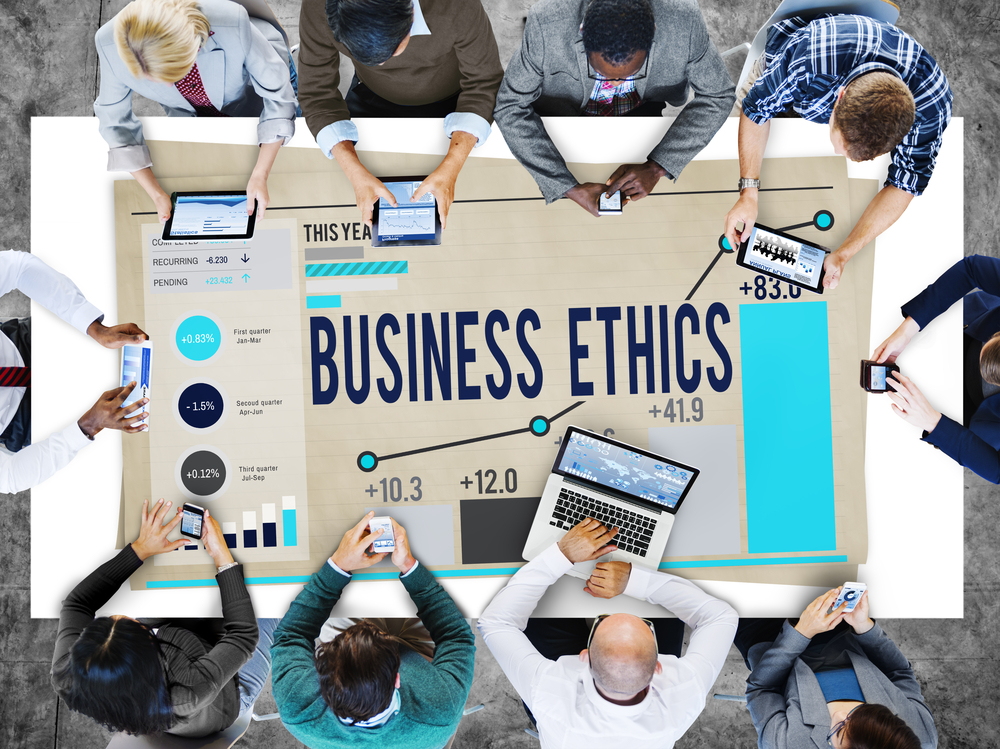Keeping current on rapidly changing and expanding technologies can be a daunting task even for the most tech-savvy and experienced attorney. However, attorneys have an ethical obligation to familiarize themselves and be competent with technology and electronic discovery. While most attorneys now recognize that discovery encompasses electronically stored information (ESI) like emails, new technologies require attorneys to expand their knowledge of ESI. Attorneys must now think beyond emails and consider other types of ESI such as encrypted data, social media, and cloud-based storage. The best way to maintain competence in e-discovery is to know the right questions to ask of your client, your e-discovery vendor, and your opponent.
Ethical Requirements
Both the American Bar Association and the New York State Bar Association have adopted standards requiring an attorney to be competent. Rule 1.1 of the American Bar Association Model Rules of Professional Conduct provides that “A lawyer shall provide competent representation to a client. Competent representation requires the legal knowledge, skill, thoroughness and preparation reasonably necessary for the representation.” The commentary to Rule 1.1 indicates that in order to maintain competence, “a lawyer should keep abreast of changes in the law and its practice, including the benefits and risks associated with relevant technology …” The New York State Bar Association has likewise adopted this rule and published similar commentary stating that attorneys must understand the benefits and risks of technology.
Federal and state courts require compliance with these ethical principles. Attorneys who fail to conduct e-discovery competently potentially face a myriad of consequences, including sanctions and referral for disciplinary action. Federal Rule of Civil Procedure 26(g) requires attorneys to certify that discovery responses are complete and correct at the time they are made. Rule 26(g) also provides sanctions for improper certifications, including an order to pay reasonable expenses, including attorney fees, caused by the violation.
For example, in Rodman v. Safeway, No. 11-cv-03003-JST (N.D. Cal. Oct. 6, 2016), the court imposed sanctions under Rule 26(g)(1) for making false and inaccurate statements in interrogatory responses that certain documents did not exist after additional documents were produced approximately seven days before trial which could have been identified earlier, had a reasonable search been conducted at the outset. The New York Supreme Court and Commercial Division rules require that attorneys must be sufficiently versed in matters relating to their clients’ technological systems to discuss competently all issues relating to electronic discovery at the preliminary conference. See 22 NYCRR 202.12(b) and 202.70(g)(1)(b). In state court, attorneys may face sanctions for discovery failures under CPLR 3126. See, e.g., Ocwen Loan Servicing v. Ohio Pub. Emps. Ret. Sys. , 2015 NY Slip Op. 51775(U) (N.Y. Sup. Ct. Dec. 7, 2015) (imposing sanctions for spoliation of evidence).
Tips For Compliance
The following is a list of tips to help attorneys comply with their ethical obligations of competence in the world of e-discovery.
Read the complete list of tips for compliance visit The New York Law Journal.

